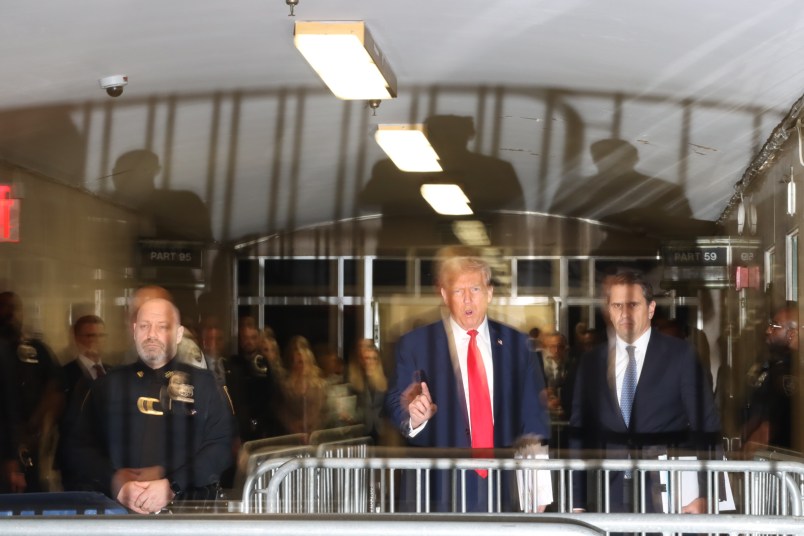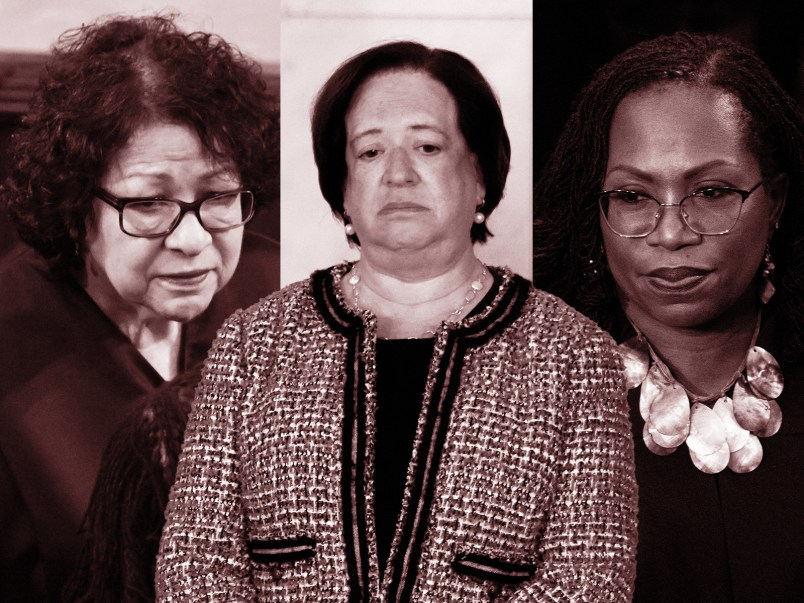by Jennifer LaFleur ProPublica
A proposed rule to the Freedom of Information Act would allow federal agencies to tell people requesting certain law-enforcement or national security documents thatrecords don’t exist – even when they do.
Under current FOIA practice, the government may withhold information and issue what’s known as a Glomar denial that says it can neither confirm nor deny the existence of records.
The new proposal – part of a lengthy rule revision by the Department of Justice – would direct government agencies to “respond to the request as if the excluded records did not exist.”
Open-governmentgroups object.
“Wedon’t believe the statute allows the government to lie to FOIA requesters,”said Mike German, senior policy counsel for the American Civil Liberties Union,which opposes the provision.
The ACLU, along with Citizens for Responsibility and Ethics in Washington and OpenTheGovernment.org said the move would “dramatically undermine government integrity by allowing a law designed to provide public access to government to be twisted.
The Glomar denial arose in the mid-1970s when a LosAngeles Times reporter requested information about the CIA’s Glomar Explorer, built to recover a sunken Soviet submarineand the CIA’s attempt to suppress stories about it.
But the advocacy groups proposeanother response: You have requested “…records which, if they exist, would notbe subject to the disclosure requirements of FOIA…”
They prefer such language because a last resort is to sue to obtain the records, something people requesting information might not do if they assumed that no records existed.
Open government groups also contend that the proposed rule could undermine judicialproceedings.
In a recent case brought by the ACLU of Southern California, the FBI denied the existence of documents. But the court later discovered that the documents did exist. In an amended order, U.S. District Judge Cormac Carney wrote thatthe “Government cannot, under any circumstance, affirmatively mislead theCourt.”
DOJ’s draft FOIA rule was first published in March, but DOJ re-opened comment submissions in September at the request ofopen-government groups. The new comment period ended October 19.
The DOJ did not immediately respond to a request for comment. We will update assoon as it does.









